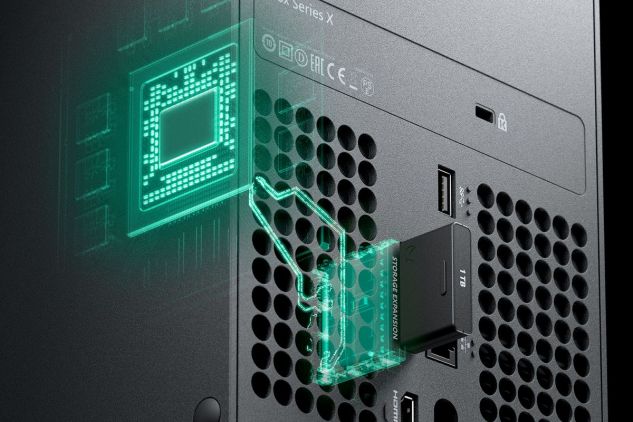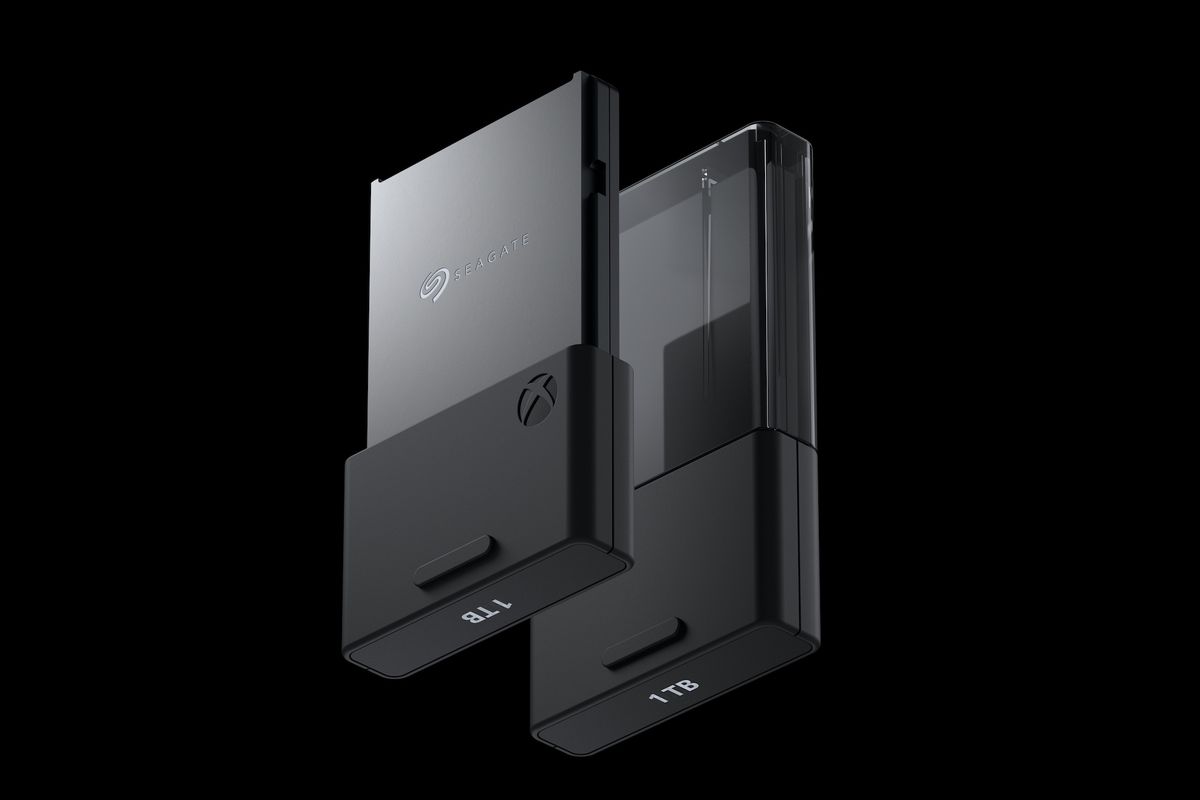When Microsoft announced that the Xbox Series X|S would use expandable cards to increase storage, this sent some concerns through the gaming space. Not only were they expensive to the tune of $200, but they were also being manufactured by one company; Seagate.
This frustrated me as I’ve very familiar with Seagate’s hard drives and let’s just say I have concerns. Thankfully, it has been confirmed that Seagate won’t be the only company that will produce the expandable storage cards. Not only that, but they will be different form factors and storage sizes eventually appearing as well.
According to the partner director of program management for the Xbox platform team Jason Ronald, we’ll see various choices for expandable storage.
I think, over time, you’ll see this is a category that’s really critical to us. You’ll see multiple options and different form factors and different sizes. But what was really important for us is that we had a simple easy to use option available day one. You can expect to see more options moving forward.
This news is important and crucial in giving the gaming audience a choice of not just the company that produces the storage. But also the size and form factors. As you may or may not be aware, M.2 SSD’s come in various sizes, but also various form factors – 2230, 2242, 2260, 2280, and 22110. The numbers are basically the width and length of the modules. The first two numbers, 22, indicate the width (22mm) and the following numbers indicate the length (30, 42, 60, 80, 110mm). Most common PCIe M.2. SSD is either 2260 or 2280.
Knowing this, and that these options will still utilize the storage port on the back of the Xbox Series X and Series S is a relief. More options and no reason to open up the console to upgrade the storage. Well, outside of the main storage eventually dying.
What’s interesting here is that with this being confirmed, we’ll see other companies such as Western Digital, SanDisk, Kingston, or even Samsung branded expandable storage carts for the Xbox Series X|S. All with different size amounts as well. It’s not too far fetched to believe that we could easily see a 2TB or even a 4TB card being released. Even if it does end up costing as much as an Xbox Series X.
Either way, I’m glad to see that other companies will be able to get in on this.
What do you think about this recent development? Does this make you happy now that more options are on the table? Let us know in the comments.




